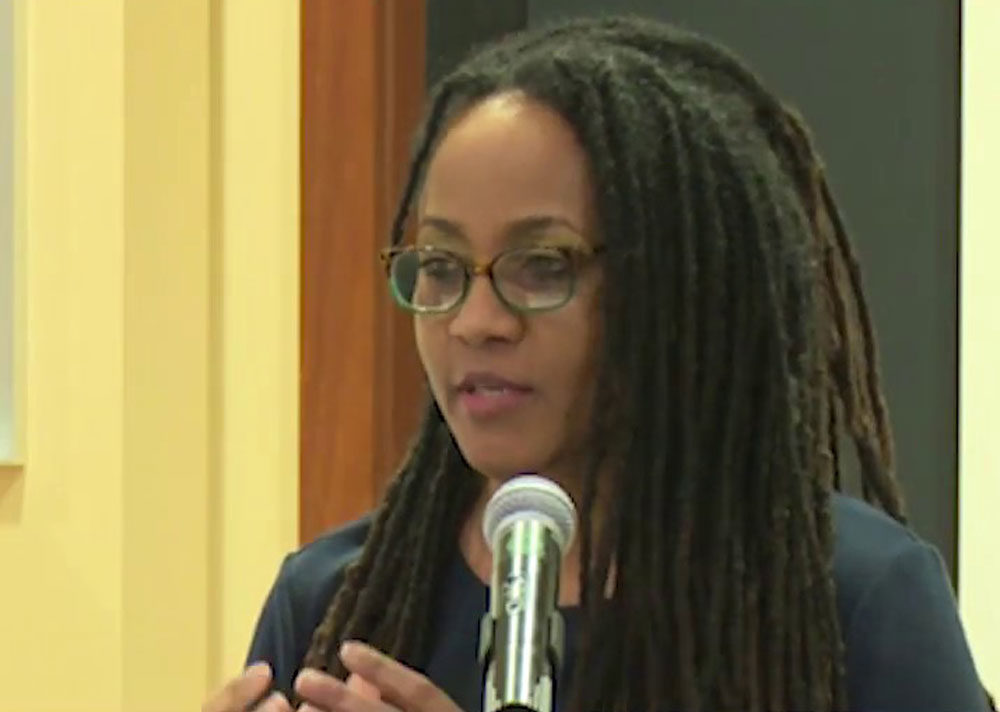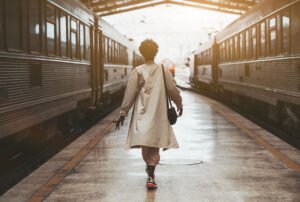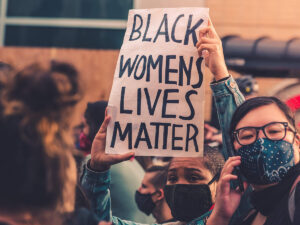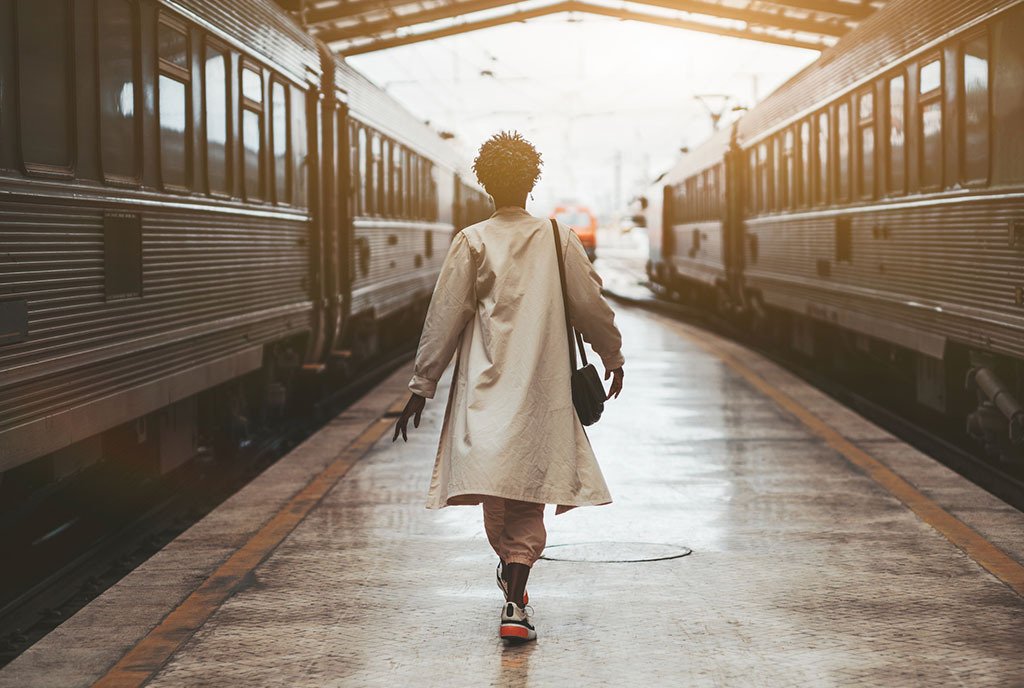
May 22, 2020; Madison Magazine
Survival and adaptation are on the agenda of countless nonprofits these days. This is true even for the large nonprofits—the Goodwills, the YMCAs, the JCCs—that employ thousands of people and have to figure out how to will maintain staff when they have no clients to serve. NPQ has addressed this aspect of the pandemic and continues to explore how nonprofits are holding up…or not. But for smaller nonprofits with even fewer resources, the challenges become more daunting.
Once restrictions are lifted, at least some of the old ways of doing things will not be workable in a COVID-19 world, even with government support. Many programs, such as those that work with homeless people and victims of domestic violence, or provide childcare and food services, find themselves in a kind of limbo. Lisa Peyton-Caire, the founder, CEO, and president of the Foundation for Black Women’s Wellness, reflects for Madison Magazine on the changes COVID-19 has wrought on her dreams and those of other African American women in the Madison area.
At the beginning of February, the Foundation opened its doors in a new physical space with a celebration after nine years of work. The Black Women’s Wellness Center was designed to elevate Black women’s health through programs to promote health fitness, financial literacy, leadership development, and sisterhood, among other values. All of this came to an abrupt halt with the shutdown of the physical space in March. But, as with many nonprofits, shutting down a facility does not end a program. The Center now operates online, engaging Black women in Dane County, Wisconsin, beyond the walls of its building. They continue to envision new ways of empowering a generation of healthy Black women in Dane County.
Sign up for our free newsletters
Subscribe to NPQ's newsletters to have our top stories delivered directly to your inbox.
By signing up, you agree to our privacy policy and terms of use, and to receive messages from NPQ and our partners.
But Peyton-Caire sees there is more to be done. The onset of the novel coronavirus has highlighted vast racial inequities that show in the data of who is most impacted by COVID-19. As she writes in her op-ed, “Within our own organization and network, we now know someone who has been diagnosed, hospitalized or whose loved one is sick, deceased or thankfully, recovered. And though our public health numbers remain less alarming in Dane County, we know the economic impact of job losses, furloughs and financial instability is hitting black women and families the hardest.”
This will not be remedied by fitness classes and programs. Peyton-Claire recognizes this as a time when nonprofits can create solutions and build new alliances to advance the well-being of those who are most vulnerable and underserved. The pandemic has made clear who they are and demonstrated that this is more than just a health issue.
As the nonprofit sector emerges from this pandemic, it surely won’t look as it did before. Now is the time to disrupt the patterns in the sector that have enabled inequality to persist, Peyton-Caire contends. She concludes, “As COVID-19 illuminates the longstanding inequities and gaps inherent in all of our systems, it’s time to take unprecedented steps together as a community to disrupt disparities and build opportunity and prosperity for all. What we do right now as we shift from crisis to recovery will be a defining moment for our community like none we’ve ever faced. I’m trusting that we will make it count.”—Carole Levine













